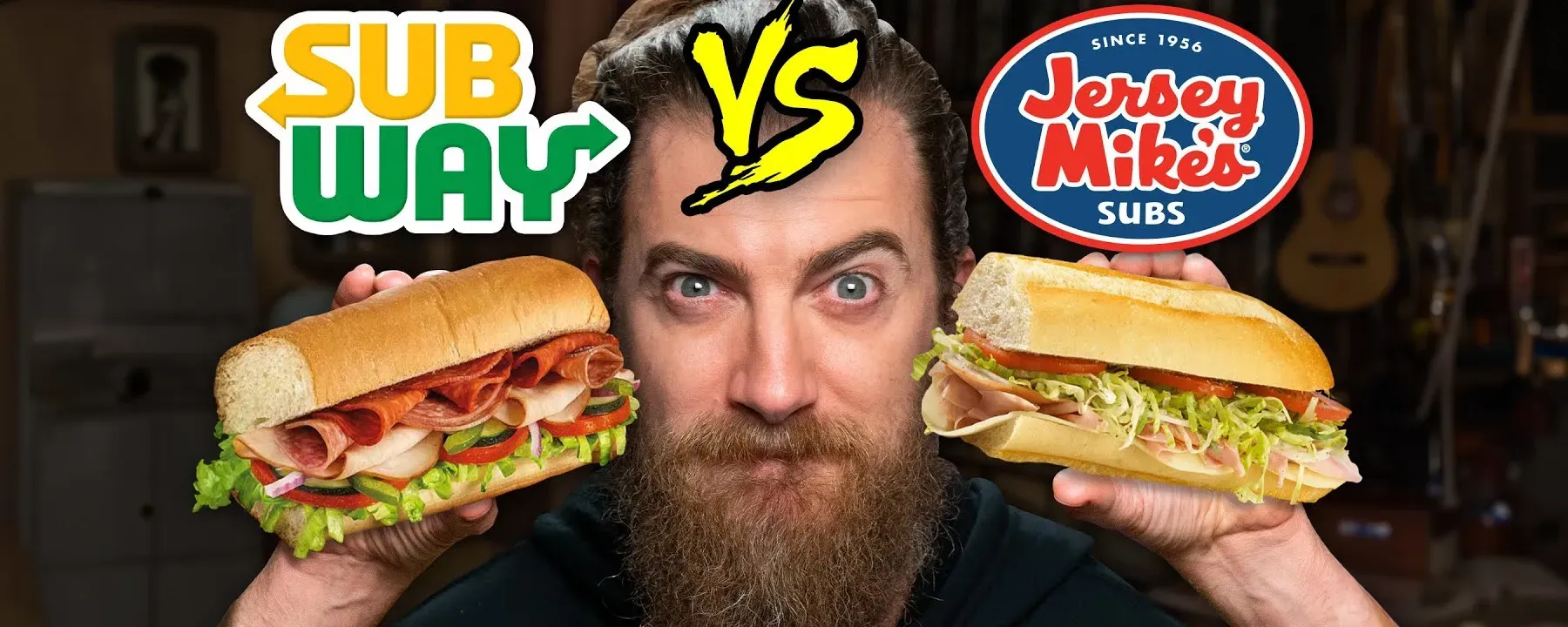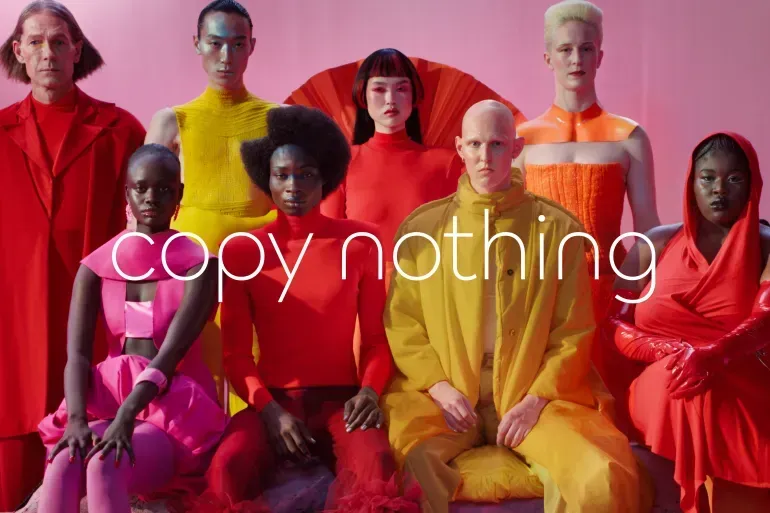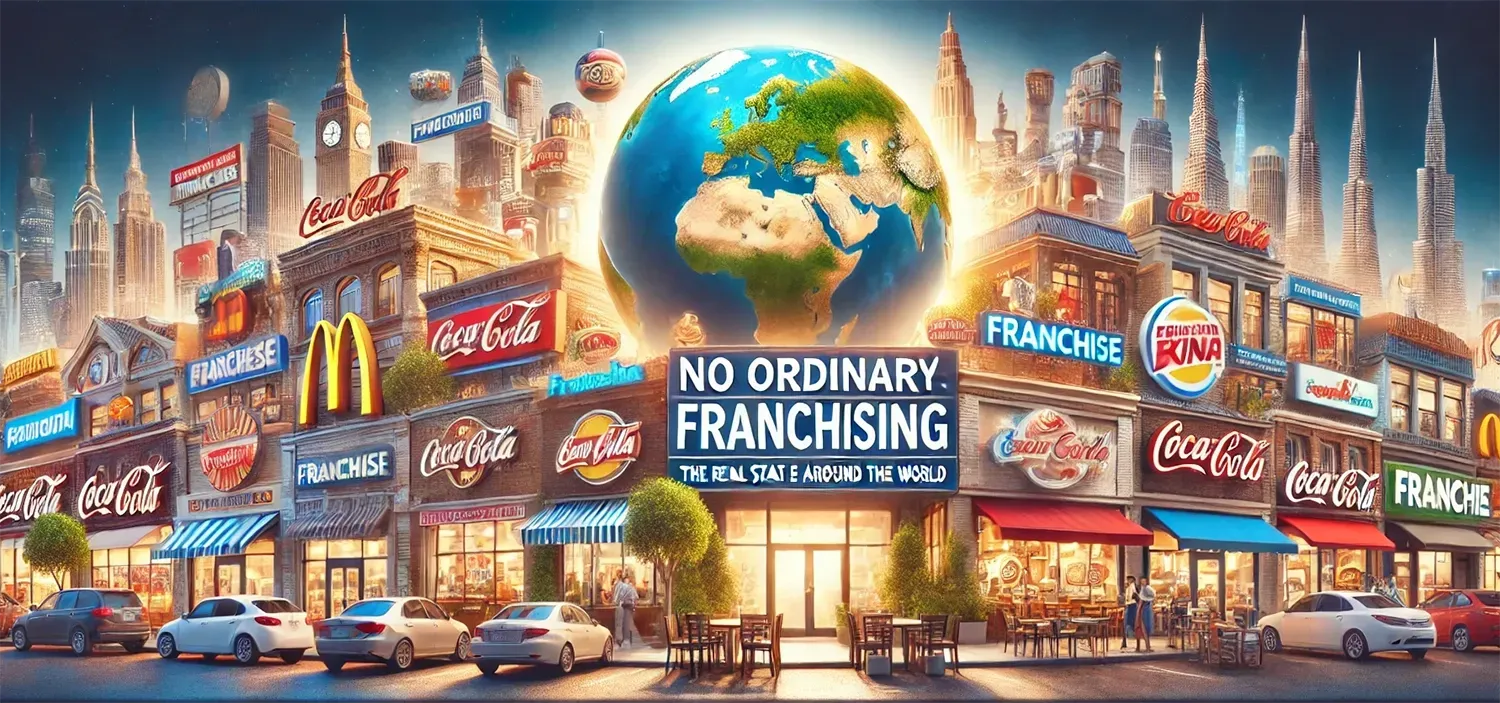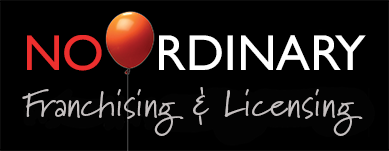Why Your Search Engine Marketing Isn’t Working—And What To Do About It
Meet Sarah. She’s the owner of a boutique business in Auckland specialising in handcrafted, eco-friendly candles.
For years, Sarah’s website thrived, attracting customers searching for ‘sustainable candles in New Zealand.’ Her engaging blog posts on candle-making and sustainability consistently ranked high on Google, driving steady traffic and sales.
But recently, everything changed.
Sarah’s website visitors and online orders dried up suddenly and sharply. She ran searches herself and discovered that instead of finding her website near the top of the search rankings, she was now presented with AI-generated summaries and featured snippets that provided answers directly on the search page. Information from her blog was now displayed in these snippets, giving users the insights they were seeking without ever clicking through to her site.
This left Sarah in a challenging position. The strategies that once ensured her business’s online visibility were no longer effective in this new era of AI-driven, zero-click searches. She realised that to sustain her business's growth, she needed to adapt to these changes in online search behaviour.
The Rise of AI in Search
Right now, the many business owners relying on organic search traffic are facing the same challenge. I just made up the ‘case study’ above to illustrate what I've seen really happening out there. The use of AI in search engines has started to revolutionise the way we search online. Aiming to deliver immediate information rather than forcing us to scroll down to find what we're looking for, Google has introduced summarised answers at the top of the search results.
The Impact of Zero-Click Searches
The result is that around 6 in every 10 searches now result in ‘zero clicks’, according to a study by SparkToro in both the United States and the European Union. I’ve found the same thing when I've been searching for information. Why click through to external websites when the information you're looking for is right in front of you?
Here’s an example of what I found when I searched for ‘What is an independent website?’
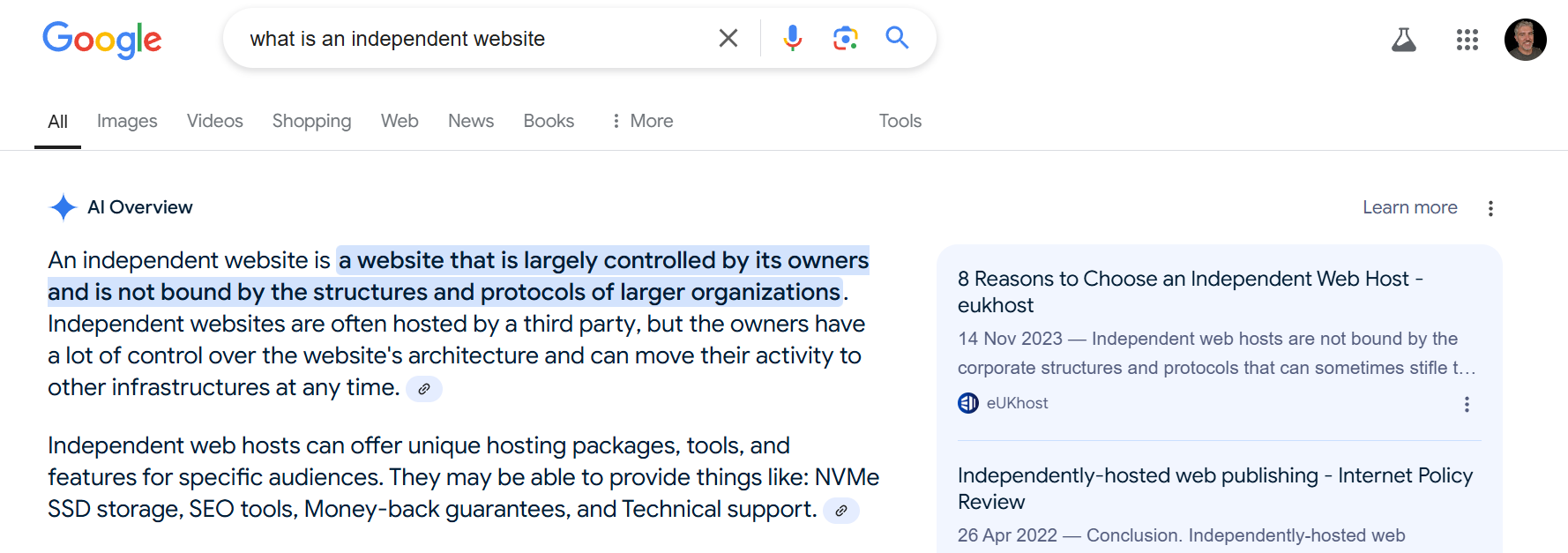
As you can see, Google presented me with an ‘AI Overview’. But there are link symbols at the end of each paragraph and supporting websites shown on the right of the Overview. So what’s the problem?
Challenges for Independent Websites
Independent websites, particularly those offering product reviews and recommendations, are experiencing a decline in visibility due to these changes. HouseFresh, a site dedicated to air purifier reviews, reported a significant drop in traffic, attributing it to Google’s algorithm updates favouring larger media outlets.
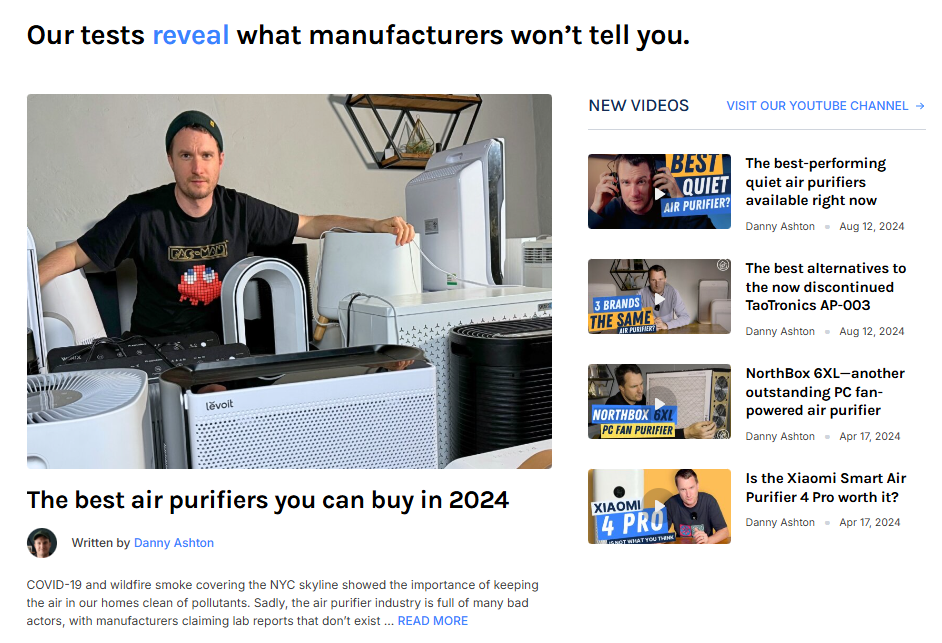
These updates often prioritise content from well-known publishers, even when such content lacks firsthand testing or detailed analysis. I’m not saying that's the case in the screenshot below, but the links on the right are to major media publishers CNET and Wired. I finally found HouseFresh on page 3 of the rankings below.
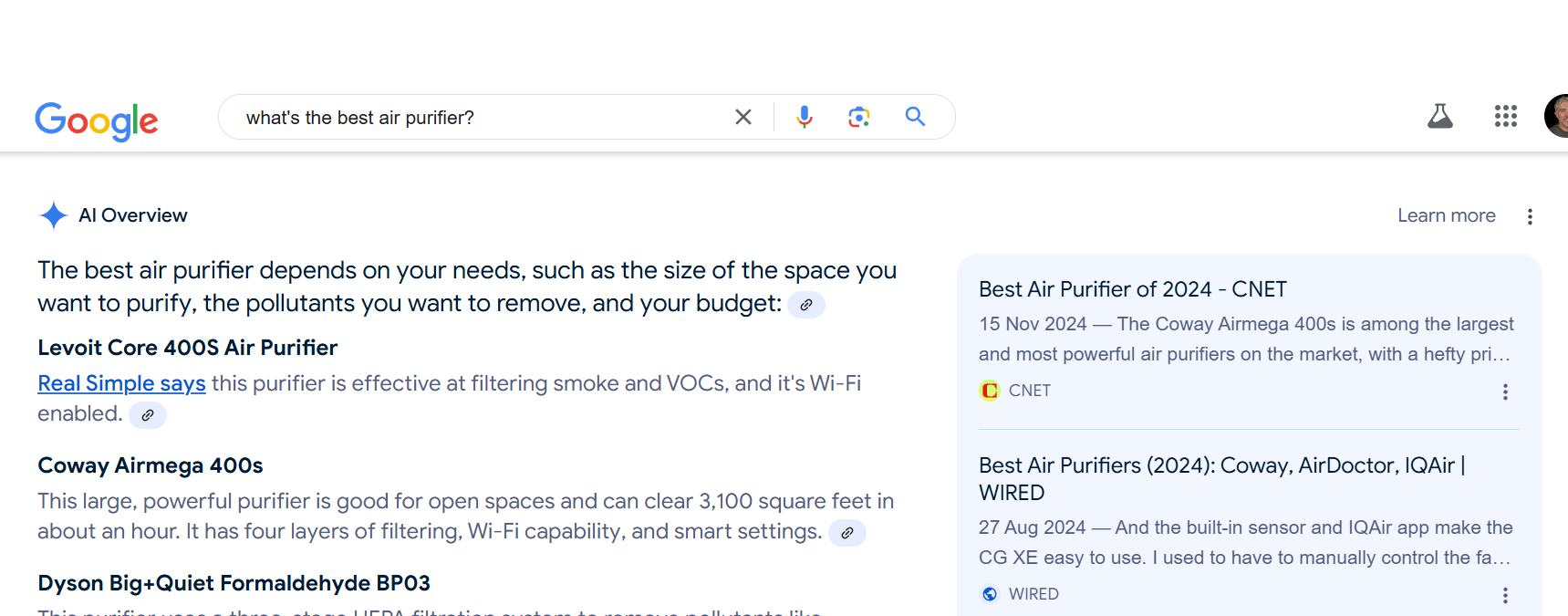
Adapting to the New Search Landscape
To adapt to the changing search environment, it’s vital to adopt proactive strategies:
Enhance Content Quality: Focus on creating in-depth, original content that provides more value than just basic information. This approach can help differentiate your site from competitors in the 'eyes' of the search engines.
Optimise for Featured Snippets: Structure your content to answer specific questions concisely, increasing the likelihood of being featured in snippets that appear at the top of search results. Use relevant keywords and phrases to show Google you know what you’re talking about.
Leverage Multiple Channels: Diversify traffic sources by utilising social media, email marketing and other platforms to reduce your reliance on organic search traffic.
Stay Informed on AI Developments: Keep abreast of AI advancements in search technology to adapt content strategies accordingly and maintain relevance.
Share on your Page:
Follow us:






